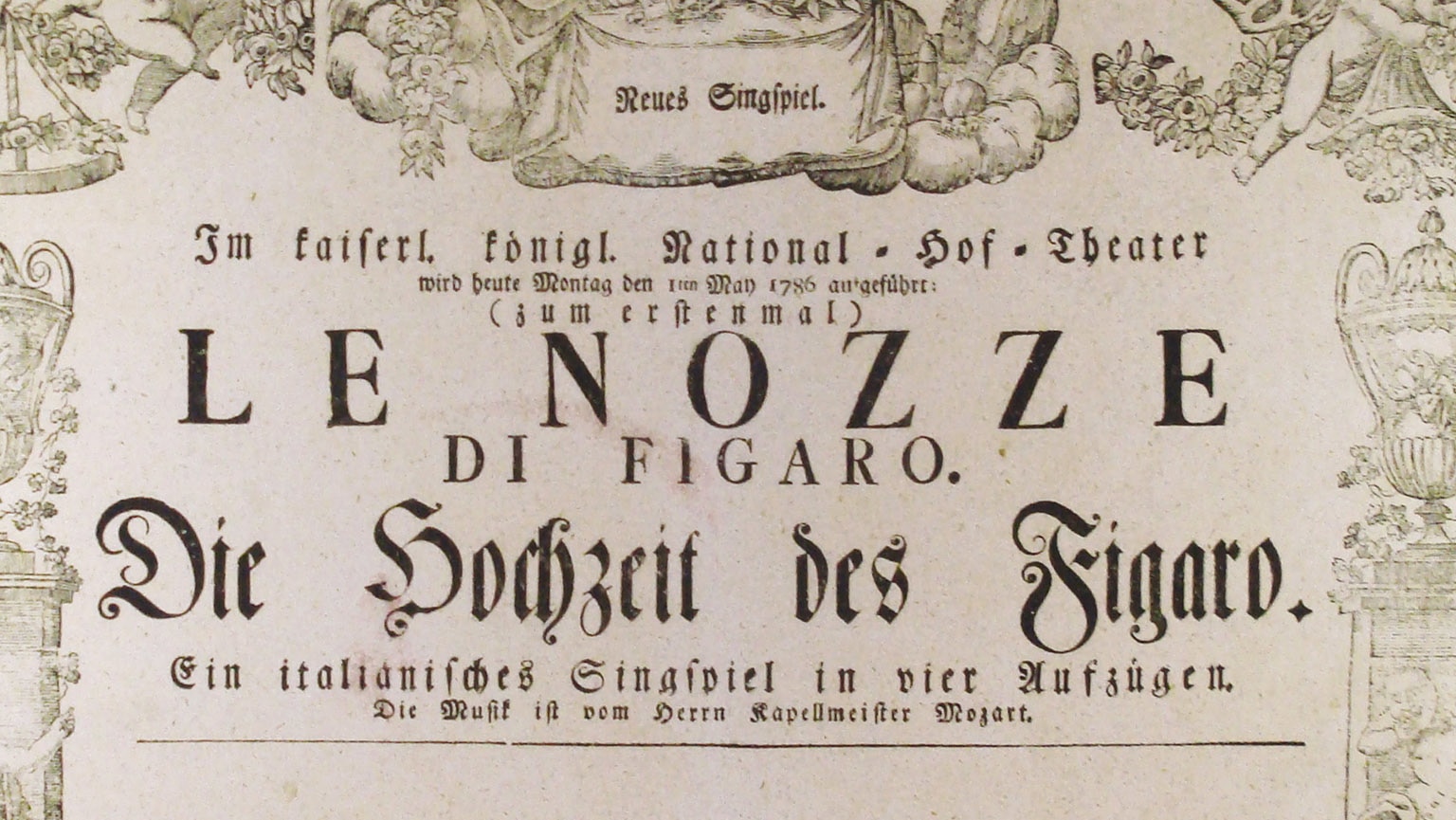Mozart’s Piano Concerto No. 21 in C Major: Comic, Majestic, and Adventurous
Mozart was at the height of his popularity in Vienna when, in March of 1785, he composed the Piano Concerto No. 21 in C Major, K. 467. In a letter dated March 12, two days after the Concerto’s premiere, Mozart’s father, Leopold, wrote to his daughter back home in Salzburg, We never get to bed before one o’clock and I never get up before nine. We lunch at two or half past. …







